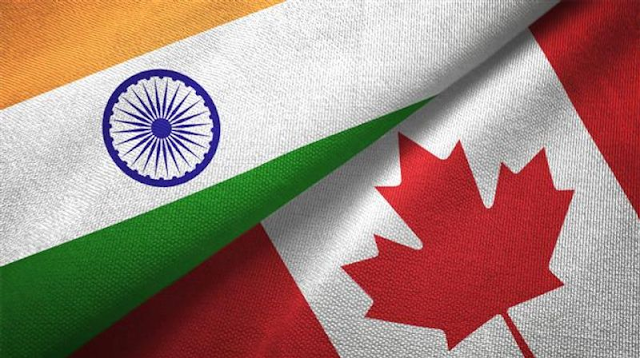This change appears to be politically motivated, reflecting a strategic response to internal dynamics. The Trudeau administration has faced pressure from the New Democratic Party (NDP), led by Jagmeet Singh, who has been known for his pro-Khalistani sentiments. However, with Singh recently withdrawing his support from Trudeau, the Prime Minister finds himself in a position to distance his government from pro-separatist policies.
Trudeau’s minority government is under scrutiny, having recently survived a parliamentary confidence vote. The shift in focus towards strengthening ties with India could be seen as a necessity for economic recovery, as Canada has long sought a Free Trade Agreement (FTA) with India to boost its market presence.
While Morrison’s remarks indicate a positive move towards improving relations, the political landscape in Canada remains complex. The support for Khalistani separatists is not merely an internal issue; it is intertwined with broader geopolitical strategies involving the “Five Eyes” alliance, which includes key international players looking to leverage the Khalistan narrative as a tool for their interests.
Moreover, there are growing voices within Canada advocating for a more pro-India stance. Canadian MP Chandra Arya has openly criticized the targeting of Hindus and the desecration of temples in Canada, highlighting that anti-Indian sentiments have roots that still persist in Canadian society.
Despite these positive developments, skepticism remains. The political landscape is fluid, and while Morrison’s comments are encouraging, there is often a significant gap between rhetoric and reality in politics. It is crucial for India to remain vigilant and cautious in its approach, ensuring that any signs of rapprochement are backed by concrete actions.
As the situation evolves, it will be interesting to see whether this newfound commitment translates into genuine policy changes or if it remains a strategic maneuver amidst shifting political alliances. What are your thoughts on these developments? Will Canada and India truly mend their relationship, or is this merely a political strategy? Share your comments below.

